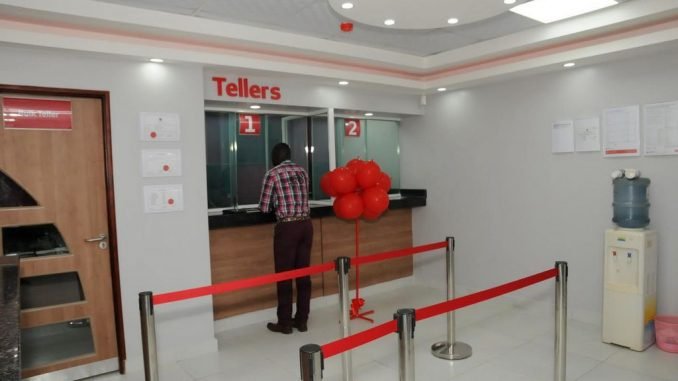
Kampala, Uganda | URN | Several commercial banks in Uganda have announced they will revise down their closure time to allow staff enough time to drive home so as not to be caught by the 7pm curfew.
While some banks have not yet indicated that they will shift from the 3pm closing time, at least two banks have sent messages to their customers saying they will be closing at 2pm. All say their branches remain closed on weekends.
Diamond Trust Bank (DTB) said in a text to customers on Wednesday 27th that “we will be closing our branches at 2pm effective today to manage the government curfew time. Apologies for any inconveniences.”
The Kololo-headquartered Orient Bank also informed its customers that it would open at 9am and close at 2pm for mostly city-based branches. The bank spokesperson Emmanuel Njuki told this publication the rationale for change in operation time is “to help staff beat curfew.”
The biggest challenge for most people working in the city centre has been the traffic jam that builds up from 3pm with snarl-ups stretching for kilometres as people rush home before curfew.
Uganda Police said on Wednesday 27th that motorists who had been arrested on Tuesday night for flouting curfew regulations were cautioned and released in the night.
Meanwhile as government continues to ease the lock-down, most commercial banks have let the branches that were shut during total lock-down to open.
Read Also: Rich people prefer agency banking to mobile money – URA
On Monday, Absa said this week that all its branches will be fully operational from May 26, 2020 from 9am to 3pm. They will be closed on weekends. Bank of Africa, whose branch on Kampala road had been close, also opened it this week.
The released of private cars means people have some flexibility to open their businesses and starting work. The demand for bank services consequently increases.



